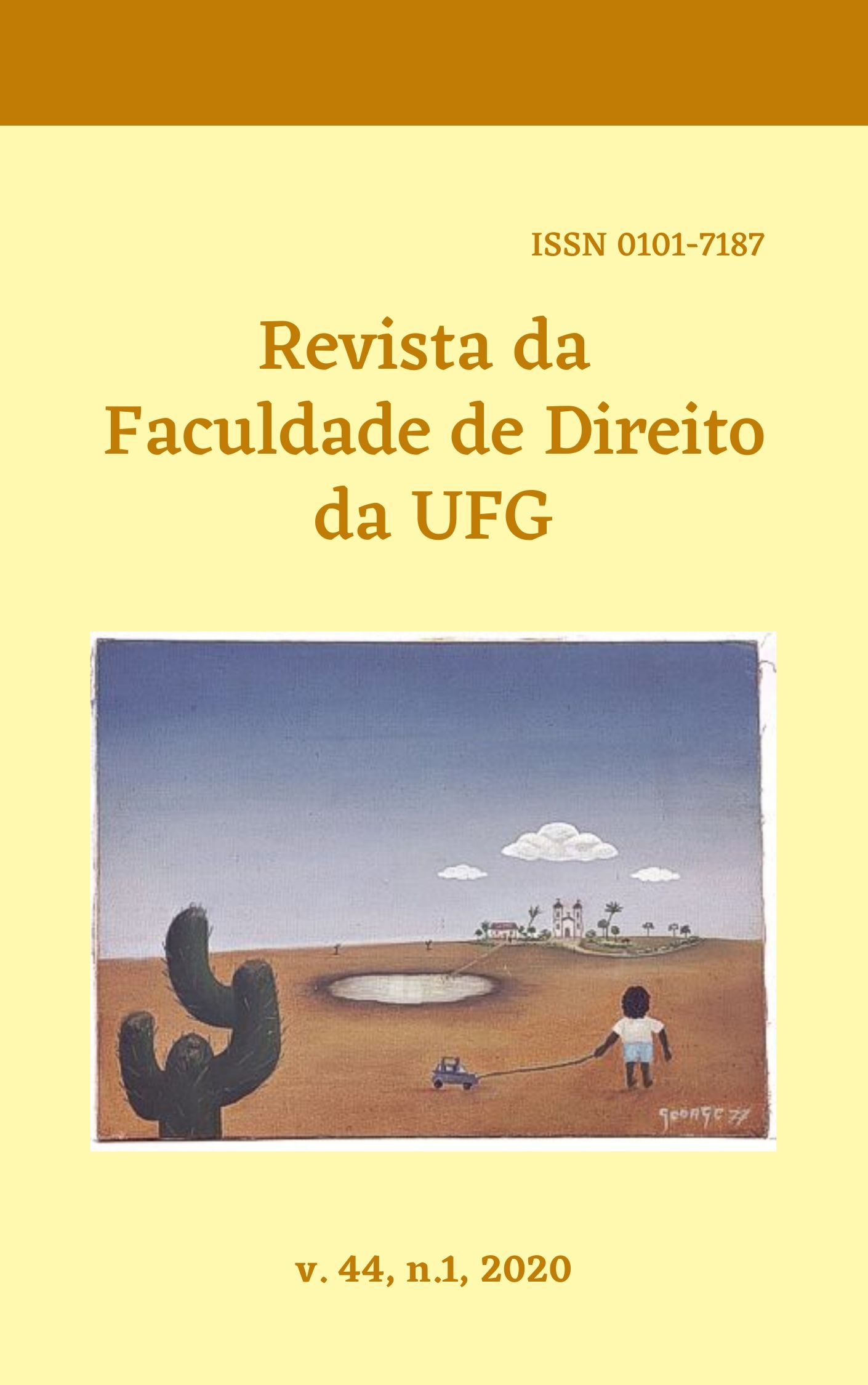Reconsidering the neoliberal penality
social inclusion and mass incarceration in Brazil
DOI:
https://doi.org/10.5216/rfd.v44i1.60817Abstract
Based on Loïc Wacquant’s theory, neoliberalism has been the main explanatory category related to the expansion of criminal justice system and to the harshening of punishment, both noted from the seventies, in the USA, and from the following decade, in different European countries. Despite being firstly developed to explain the transformations in the US criminal justice system, the “neoliberal penality” is frequently incorporated to the Brazilian criminological speech in attempt to understand the Brazilian mass incarceration. However, the political, economic and social changes experienced in a considerable period of the XXI century in this South American country are apparently ignored in the contemporary national criminological literature. Hence, drawn on an analysis of secondary data on the changes in socioeconomic indicators – such as HDI, GINI index and unemployment rates – and of variations in public investment in different sectors, this article identify some restrictions for importing the neoliberal penality theory as a theoretical framework able to explain completely the unwavering expansion of the Brazilian criminal justice system in times of social inclusion.
Downloads
Downloads
Published
How to Cite
Issue
Section
License
Os Autores que publicam nesta revista concedem à Revista da Faculdade de Direito da UFG uma licença mundial, sem royalties, sujeita aos termos e condições da Licença Jurídica Creative Commons Atribuição 3.0 Brasil Creative Commons Attribution License
Os autores concedem à RFD UFG todos os direitos autorais sobre os artigos nela publicados, que os mantêm com exclusividade até o advento de domínio público sobre os mesmos.
























